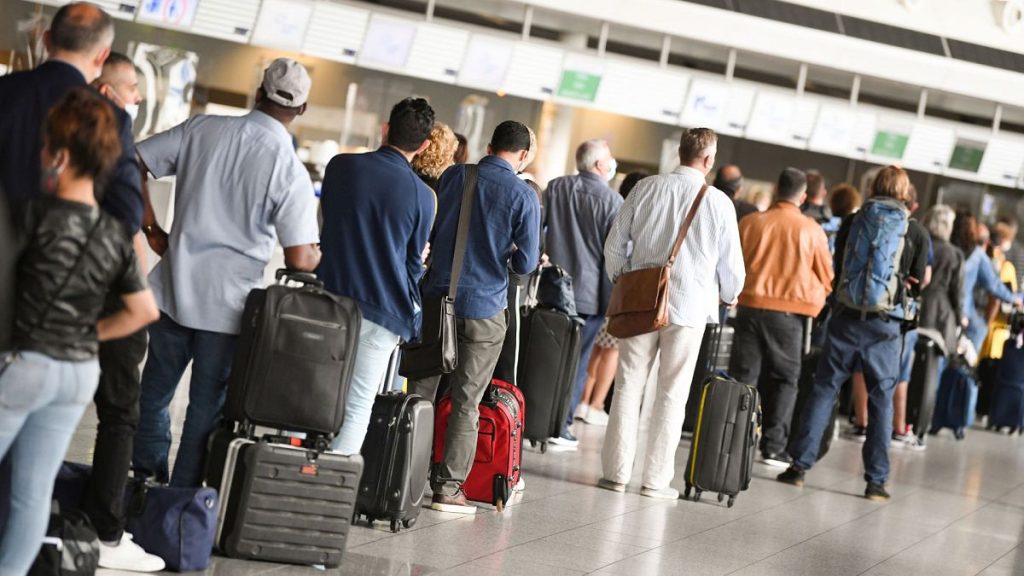Many travel bodies, agents, and experts are uncertain about the upcoming launch of the EU’s Entry/Exit System (EES) this autumn, as well as the follow-up European Travel Information and Authorisation System (ETIAS) scheduled for mid-2025. While the EES will require Brits and other ‘third-country’ holidaymakers to register their arrival and departure from EU and Schengen Area countries by having their photo and fingerprints taken at passport control, there is still confusion surrounding how the system will work. Despite some reports indicating a launch date of 5 October 2024, the exact dates for both systems have not yet been confirmed, leading to scepticism among travel agents.
Travel agents like UK travel agent Sunvil are hesitant to give advice to customers about EES as they await confirmation of the scheme’s launch. Some travellers have expressed frustration with the increasing regulations and have indicated that they may avoid travelling to Europe altogether due to the added bureaucracy. Concerns have also been raised about the impact of EES on travel freedoms, with fears that the scheme could deter people from visiting Europe. Delays in launching the scheme have raised questions about its potential disruption to the tourism industry, particularly for ferry companies like P&O Ferries.
P&O Ferries has raised concerns about the implementation of the EES at the Port of Dover, suggesting that the current layout of the port is not suitable for processing passengers in a timely manner. While EES checks for flight passengers will typically occur upon arrival at their destination, ferry passengers will undergo checks when passing through passport control in the UK, given the dual British-French borders at certain locations. Delays at the port have likely contributed to the postponement of the launch, allowing time for the Port of Dover to implement new processing systems to avoid serious disruptions.
Eurostar is also making preparations for the implementation of EES, with plans to expand its London base at St Pancras station to accommodate more kiosks for processing passenger data. The impact of EES on international train travel has raised questions among rail passengers, particularly regarding visa requirements and necessary documentation. Flight-free travel companies like Byway are already fielding questions from clients about the upcoming scheme and the level of assistance that will be needed to navigate it. As the launch date for EES approaches, many British travellers are likely to rely on travel agents for guidance and support in understanding the new system.
Despite the uncertainty surrounding the launch of EES and ETIAS, travel industry bodies like ABTA are providing tips and advice to help travellers prepare for the new requirements. The UK government, working closely with the European Commission, local authorities, and industry stakeholders, is striving to minimize disruptions to travel plans. While concerns persist about the potential impact of EES on travel freedoms and the tourism industry, efforts are underway to ensure that ports, carriers, and the travel industry are equipped to communicate the changes effectively and support travellers through the transition. As the launch date for EES draws nearer, clarity and communication will be essential in helping travellers navigate the new entry and exit system.









